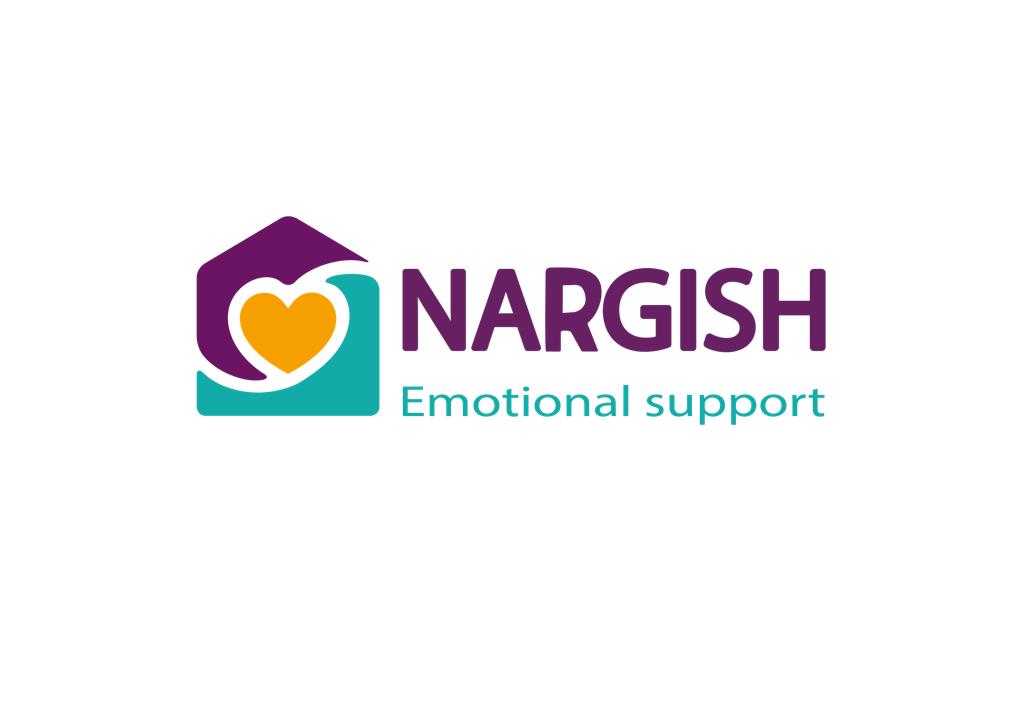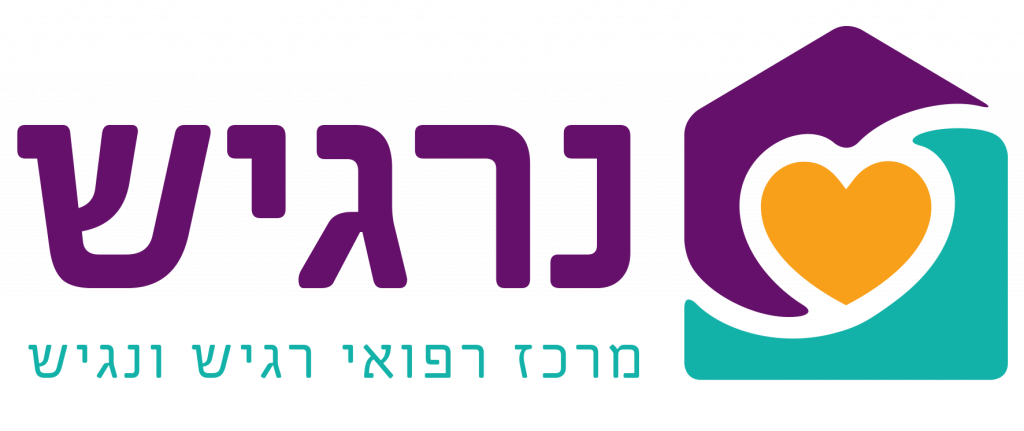Today, “Long Covid” is a common term according to all medical professionals. This term was born in light of the direct impression of competent authorities who treated those affected by the coronavirus pandemic and those around them. In fact, even if a person or a family member did not contract the coronavirus, this does not mean that they are exempt from the symptoms of the damage, known today in the professional term “Long Covid”.
From March 2020 until March 2021, schools and kindergartens were closed for long periods due to the pandemic and most of the educational system in the State of Israel moved to the program of distance learning and education by various technological means. Even after a partial return of the education system, the possibility of closing again or imposing emergency regulations that have severe social consequences is still present, both for children and teaching staff.
According to therapists, teaching staff were severely affected by “Long Covid” were in fact suffering from a triple impact. The first impact was the general and social consequences of the coronavirus, which were sad or difficult to deal with. As a second impact, the population of teaching staff was also affected by the manner in which they adapted to the new nature of the work which included uncertainty, including the content that would be passed on to students or children, and the way it would be passed. We all know that the use of a particular medium (such as “zoom”) sometimes becomes the message itself, so that it is absorbed into the minds of children as distant and untouchable. Hence the road to investing a lot of unnecessary energy in maintaining order and maintaining the health of students and children, is extremely short. Especially when some have said that the coronavirus may have worsened difficulties of students, which were known before, and had nothing to do with the pandemic.
As a third impact, sometimes there was no beneficial pedagogical response or uniform teaching mediation on the part of superiors, a figure which further increased the personal pressure of each teacher, kindergarten teacher and teaching assistant, no matter what the organizational hierarchical arrangement was. No one has had, and it is doubtful whether there is today, a complete solution to the serious consequences of the coronavirus pandemic on education and workers in the education system in Israel and worldwide.
At “Na(r)gish”, we invite every teacher, kindergarten teacher and teaching assistant, and even their family members, to receive all the tools they need to deal with the sensitive situation they have found themselves in, in order to improve their quality of life, as well as the quality of life of those around them. Especially since sometimes an employee of the education system has a family unit that also needed their emotional support during this crisis, a thing that increased the emotional stress, general anxiety and even a feeling of depression that accompanies to this day. Thus, there is no reason to deal with these difficult feelings alone.









